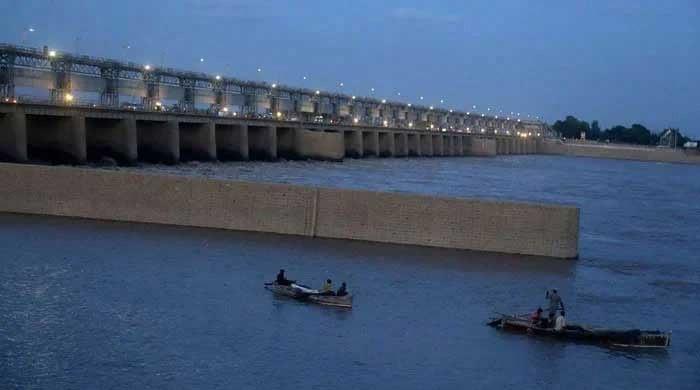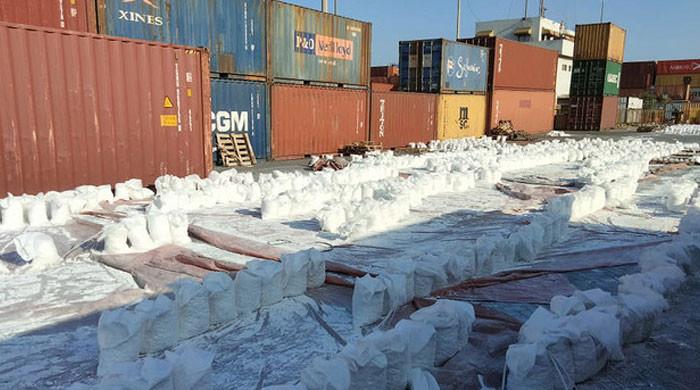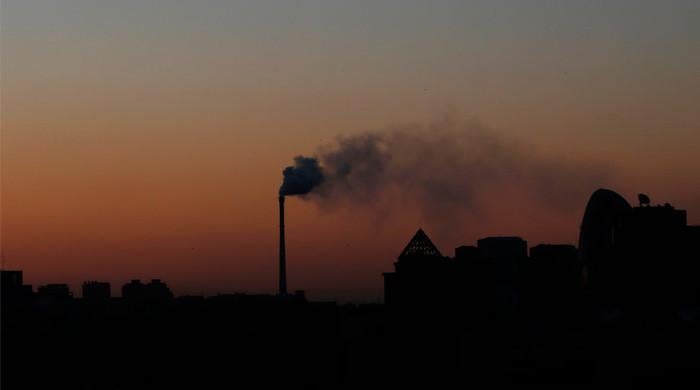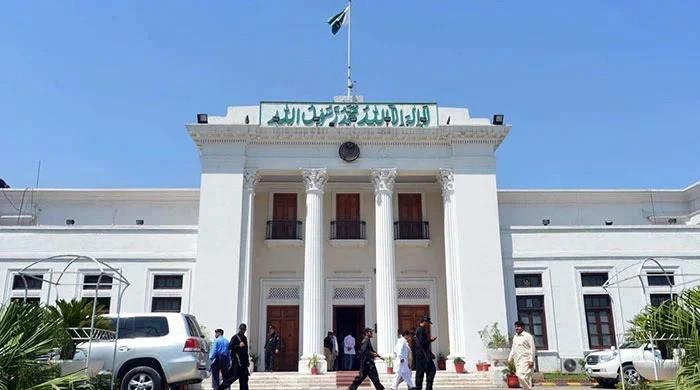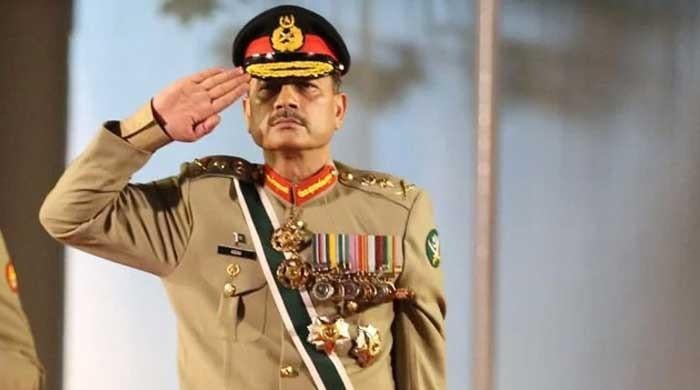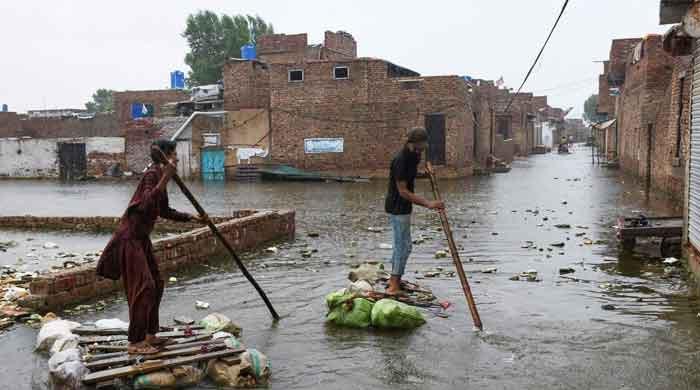Is IMF really moving the goalposts?
Any adventures at this stage resulting in Pakistan missing key macroeconomic targets will further delay programme, push economy over edge
April 16, 2023
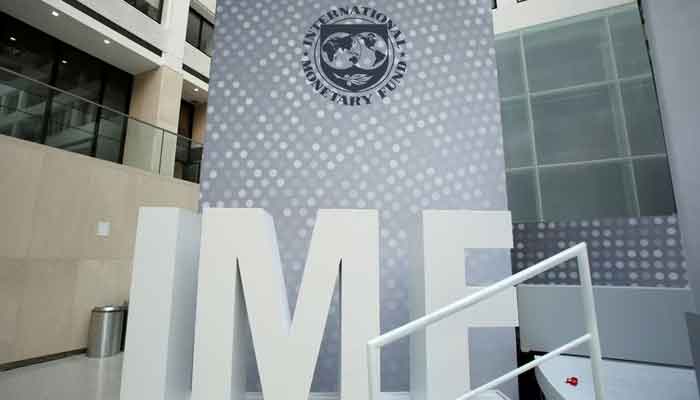
For those wondering whether the International Monetary Fund (IMF) is changing the goalposts yet again, the simple answer is: no. The goalpost was always the same; the Ministry of Finance just kept misinterpreting it.
A longstanding condition for the resumption of the IMF programme was the availability of financing arrangements of at least $6 billion. There was considerable reliance on the availability of bilateral funding from Saudi Arabia, and the United Arab Emirates (UAE) — commitments from which have recently been provided. However, that is still not enough to unlock the programme, and more funding needs to be secured before the programme can be resumed and the IMF tranche of $1.1 billion can be released.
The remaining financing in this case can be a mix of multilateral financing (which is mostly contingent on the resumption of the IMF programme). Once the programme resumes, it can provide the necessary comfort to commercial lenders, which can also reevaluate Pakistan’s sovereign credit and maybe extend the additional funding that was withdrawn earlier.
Getting commitments from commercial lenders is trickier than those from bilaterals, and may take more time than usual — thereby resulting in the possibility of staggered commitments that are contingent on the resumption of the programme. That resumption is still a few weeks away, even if everything goes well and additional funding is secured. If the latter is not secured, then we may see more delays. The timing in this case is critical. The budget for the next fiscal year is also a few weeks away and the way things are going, the budget will be inflationary.
A potential inflationary budget would possibly miss targets mandated by the programme, resulting in further delays to the resumption of the programme. For the economy to get back on a growth trajectory, it is critical that the liquidity crisis is averted such that supply chains can be fixed and production, and eventually exports, can be resumed.
Most other prerequisites have already been met, including the elimination of certain energy subsidies, the introduction of taxes, a movement towards a floating exchange rate, and an increase in interest rates signalling the willingness of the government to resume the programme. In the case of funding commitments, a few more are still required, but they should be in place soon as major bilateral commitments are already in place.
The resumption of the programme will only be a stop-gap arrangement to avoid an imminent default or an extended liquidity crisis. However, macroeconomic stabilisation will require another IMF programme and even more stern measures to wade through the crisis over the next few quarters. The country is not out of the woods yet, in terms of a liquidity crisis, but steps are being taken to move in the right direction. Any adventures at this stage that result in the country missing key macroeconomic targets will further delay the programme and push the economy over the edge.
Originally published in The News




